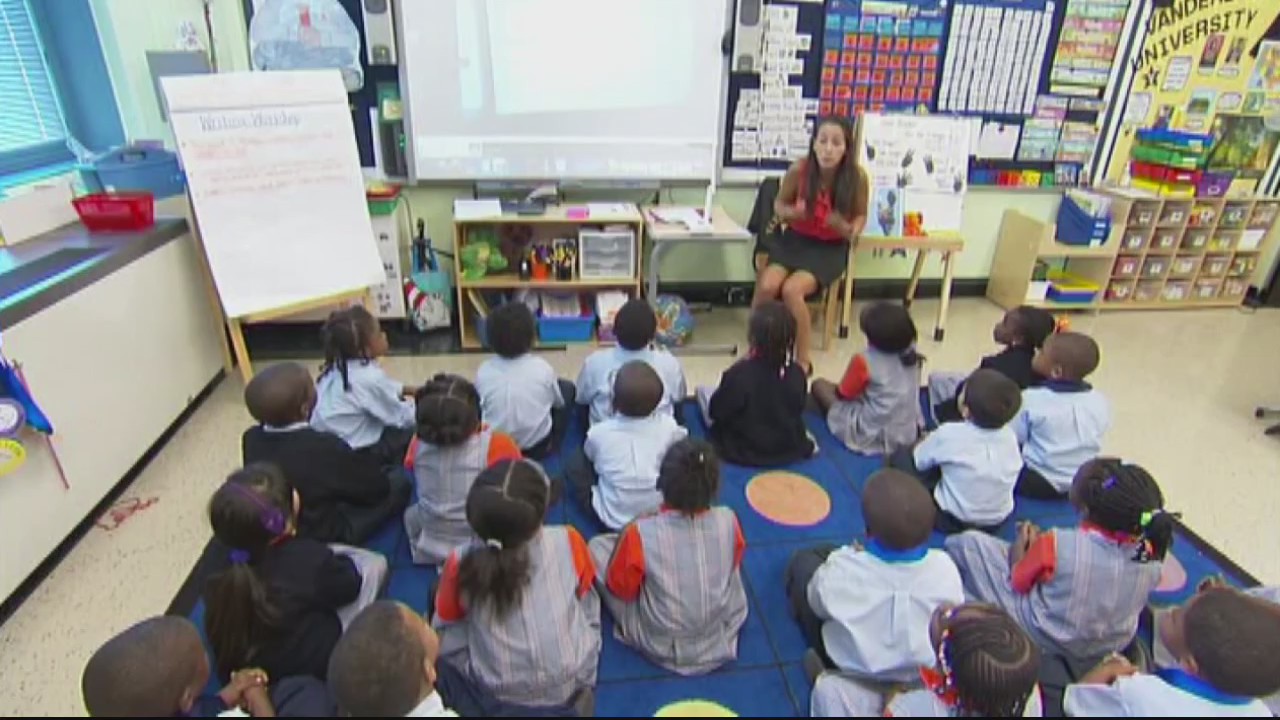Michigan lawmaker proposes combating teacher shortage with changes to substitute requirements

New law would change substitute teaching requirements in Michigan
A new law proposed in Michigan would allow people who are 21 or older and have a high school diploma to substitute teach. Right now, some college is required to do this.
DETROIT (FOX 2) - A Michigan lawmaker has proposed changing substitute teaching requirements as a short-term solution to a teacher shortage.
"Anyone 21 years or older and has a high school diploma would be eligible, would meet those requirements to be able to substitute in our classroom. Also there would be an opportunity for someone who is 19 in a teacher prep program," said Rep. Nate Shannon (D-Sterling Heights).
Right now, at least some college is required to substitute teach.
The Michigan Education Association believes it’s time to put Band-Aids aside as quick fixes or even solutions.
"What we really need to do as a state to solve the teacher shortage is to make sure we are paying teachers and school support staff more," said Thomas Morgan, the spokesperson for the Michigan Education Association (MEA). "The governor has passed consecutive education budgets that provided record levels of funding for local school districts, so it’s extremely important that districts use this money to increase wages."
He said the association is "neutral" but has "some concerns."
Dr. Robert Livernois, the superintendent for Warren Consolidated Schools, said he believes parts of House Bill 4549 make sense, but also thinks it sends a certain message.
"When you consider the crisis we have going on in education, there are parts of this legislation that makes sense in an effort to keep classrooms operating," he said. "I think it sends a signal that we continue to devalue the profession."
The MEA believes having people in front of students with no formal degree and potentially as young as 19 is not ideal.
"Our kids deserve to have the same quality of education from the same trained and qualified educators that previous generations received," Morgan said.
Lawmakers hope that this bill could get more people interested in teaching and that could help address the shortage.
"I think that in the end, we might be able to get more teachers out of this that now have the opportunity to get into the classroom and see what it’s like to work with kids," Shannon said.
For now, the bill moves forward.
"It will be taken up by the full House of Representatives, and it will get a vote there, and then it will move on to the other chamber," Shannon said.
Educators just hope the end result is not more of the same.
"It’s time, it's really time, to value this profession the way it should be," Livernois said.

